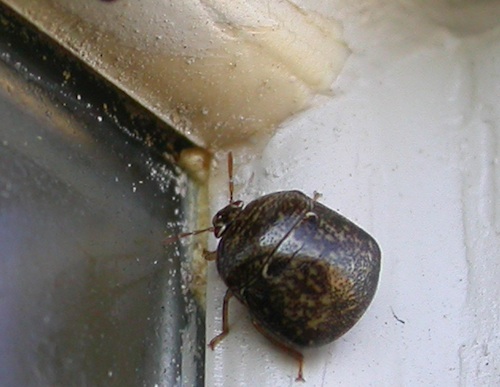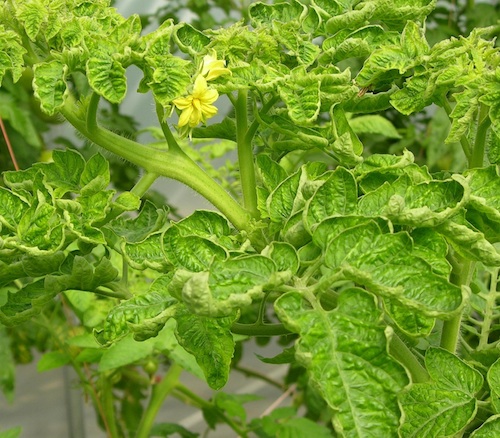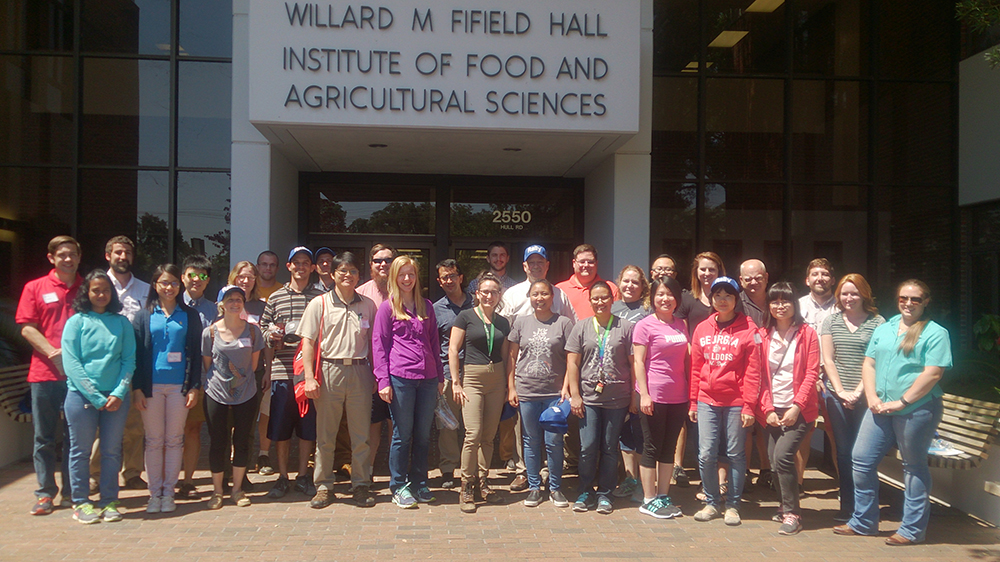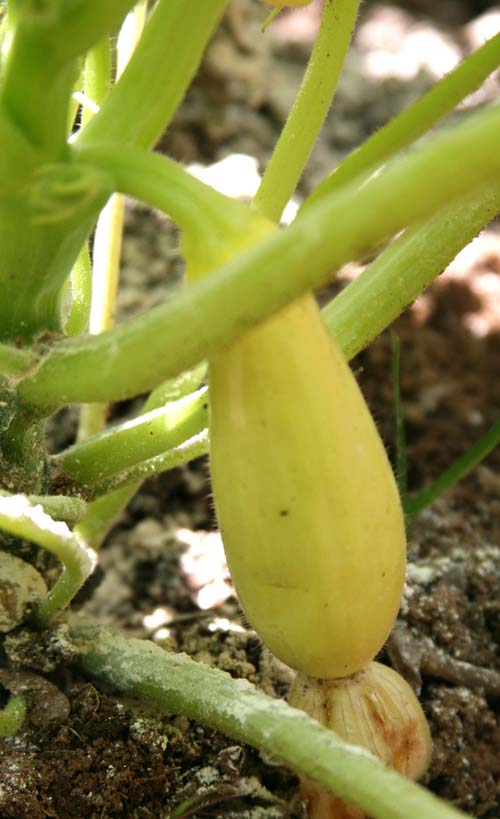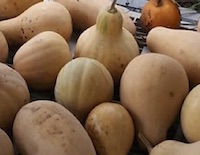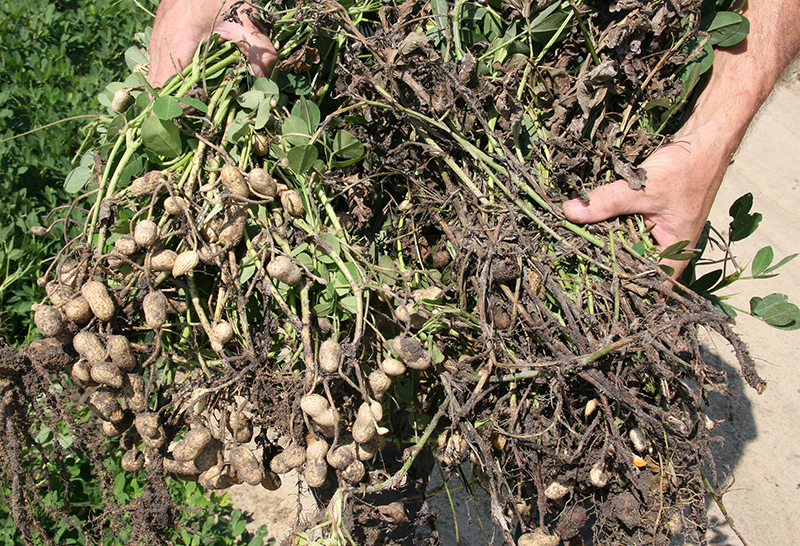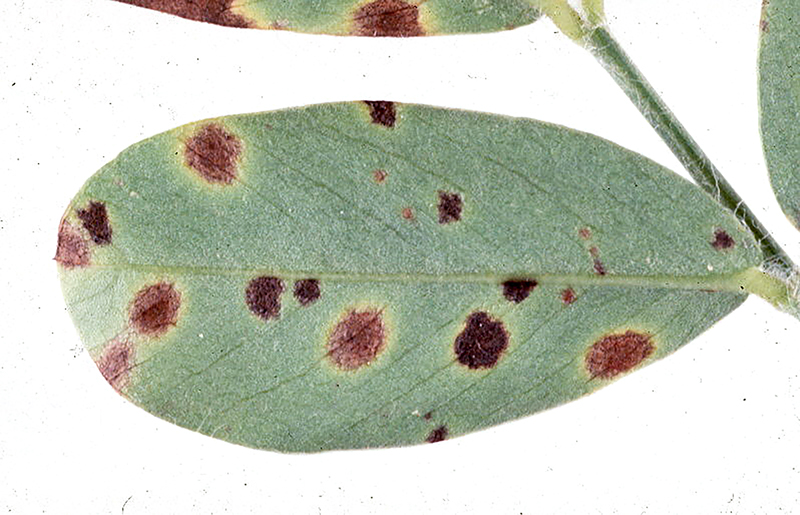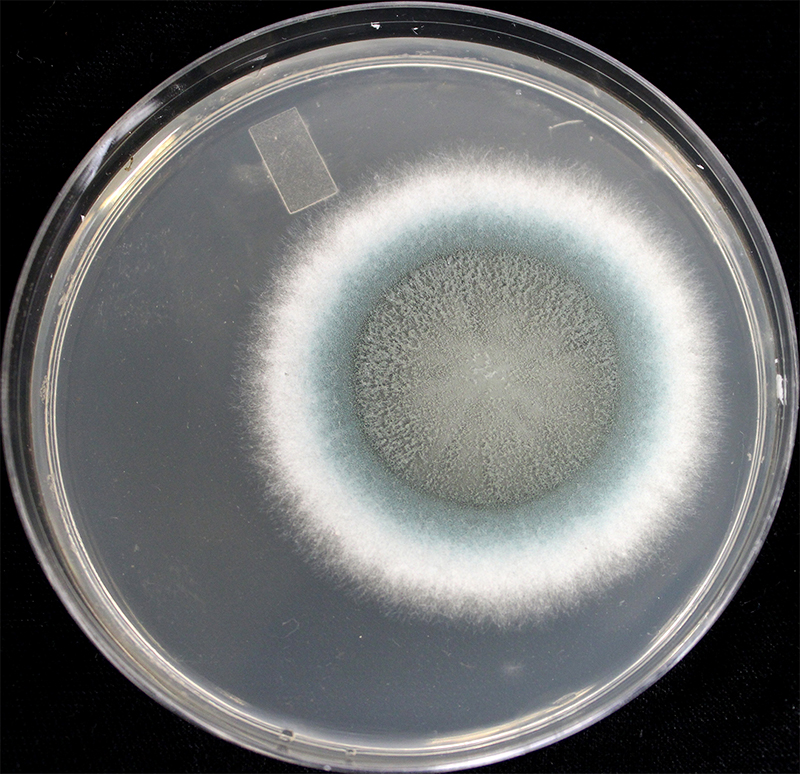 CAES News
CAES News
Fungicide Resistance
There are a limited number of compounds available to combat fungal infections in both plants and people. A team of University of Georgia researchers is helping to assess the risk posed by fungi developing widespread resistance to the stable of antifungal compounds used in the United States.

